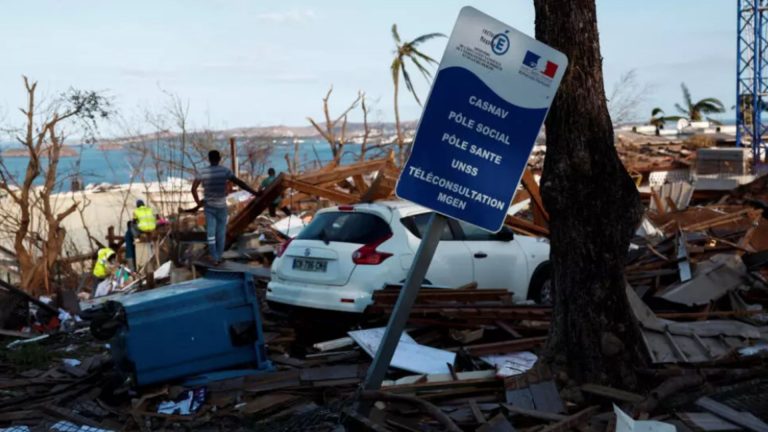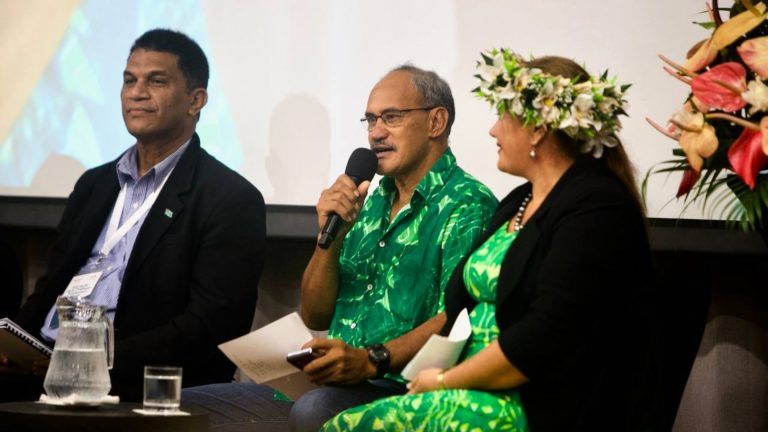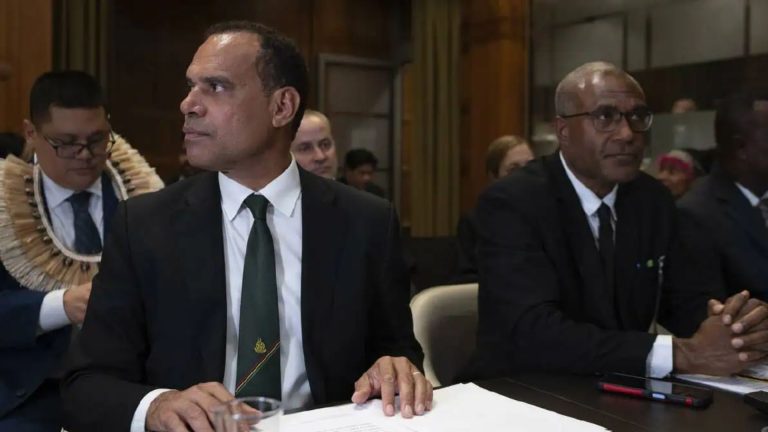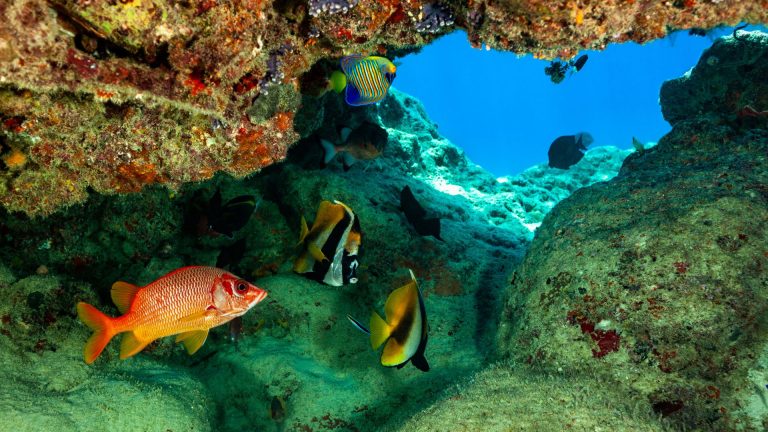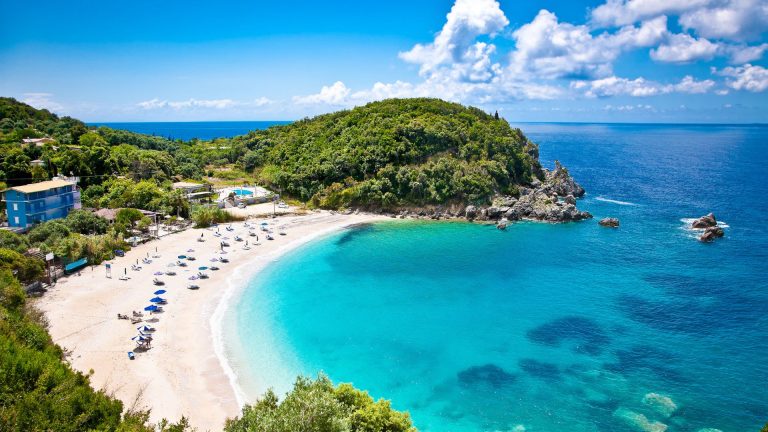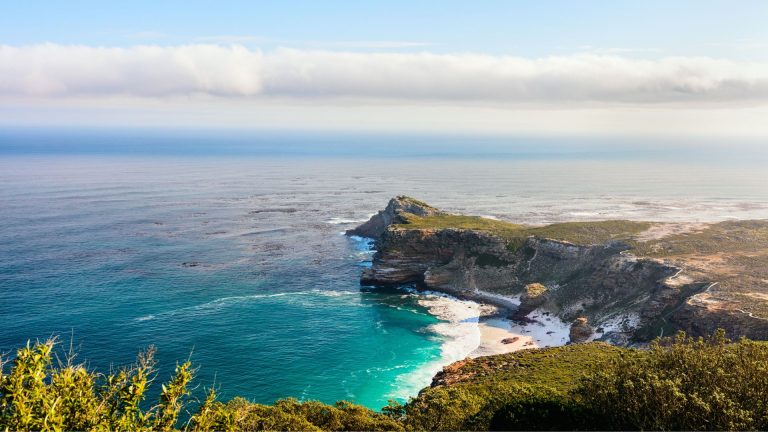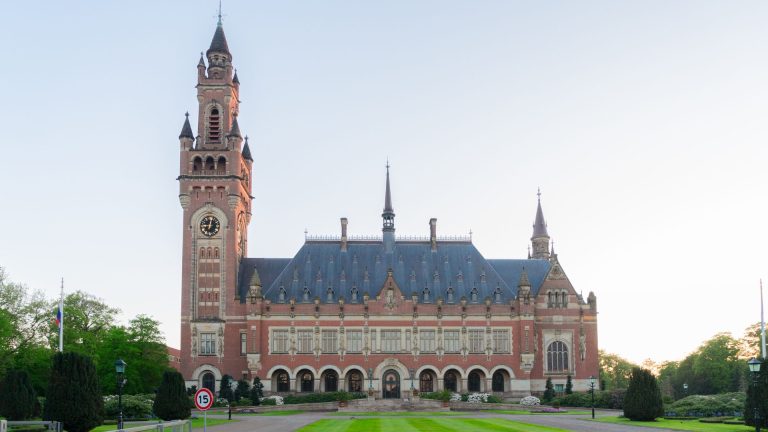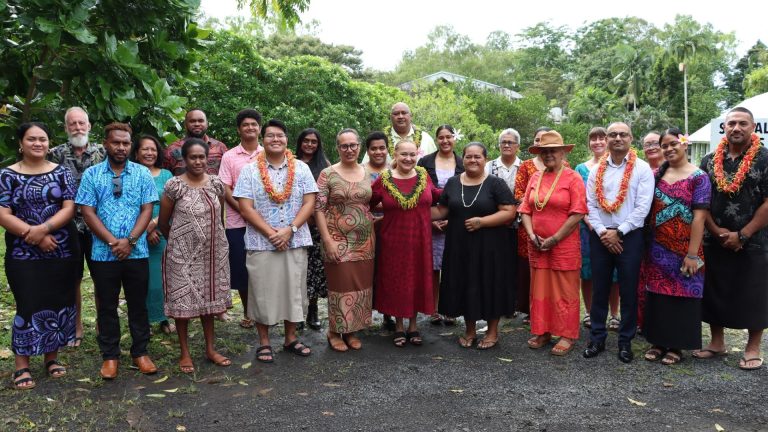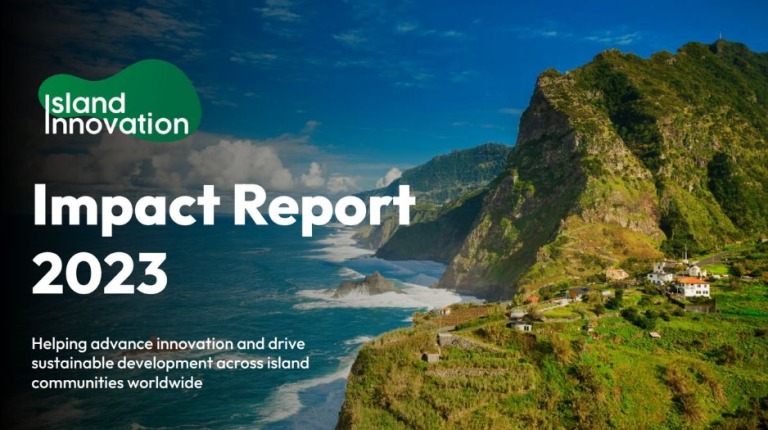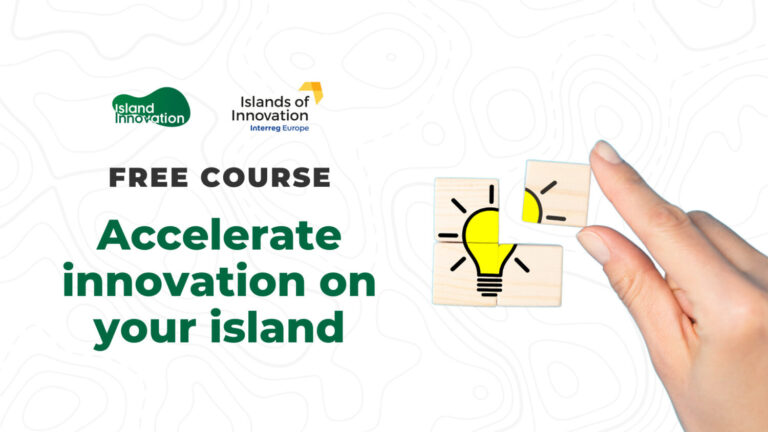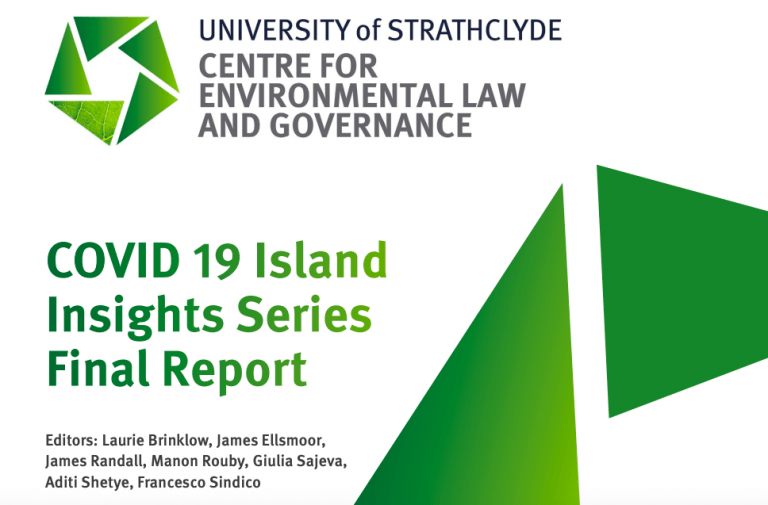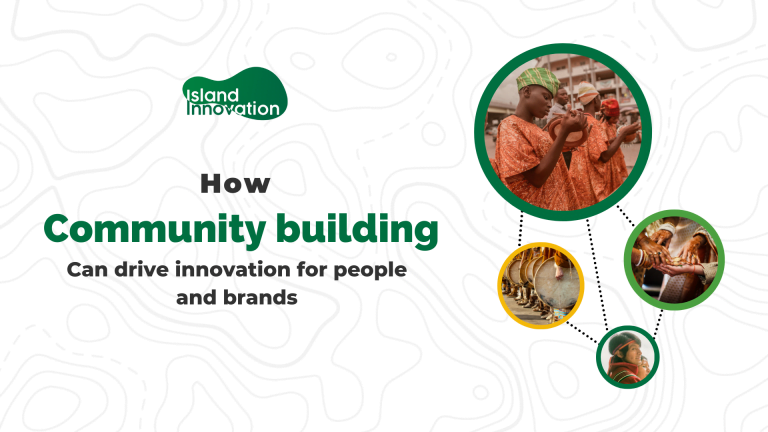How can we promote sustainable fishing behavior if our worry is futures that can shock their daily routines? How can our fishers think of a future if they do not understand options for their own identified issues and risks? To better understand our fishers, we listened to their stories of adventures in the seas and oceans early in the morning as they returned to shore after an evening off the coasts to catch fish and other marine species as their livelihood. In our discussions, I started asking myself, “Does a Fisher need to fish forever?”
I have always been in awe of our fishers. They can survive being at sea every night by their lonesome; their work is actually one of the riskiest jobs with the sea having the ability to turn violent within a few seconds notice. Why can’t we care for our fishers the way we do to our doctors, our lawyers, our drivers, our office workers? Any profession would have social and financial protection mechanisms for themselves and their families. What makes it so difficult for fishers to have social services, health insurance, housing insurance and life insurance when their profession is what we need most to feed and nourish ourselves?
In our contemplation of this conundrum, my team started collaborating with many groups to check the possibility to design social protection mechanisms for our fishers. Under the guidance of Rare, we finally launched the FishForever Social Protection program in 2018 and began rolling out full social protection access a year later, right before the COVID-19 pandemic. This event, which many were not prepared for, especially the fishers, validated the need for our fishers to have social protection. The trust we’d earned with our fishers ensured they continued sustainable practices despite food scarcity fears and health concerns. Going out to sea for enforcement and monitoring within their community waters felt more secure than staying home.


